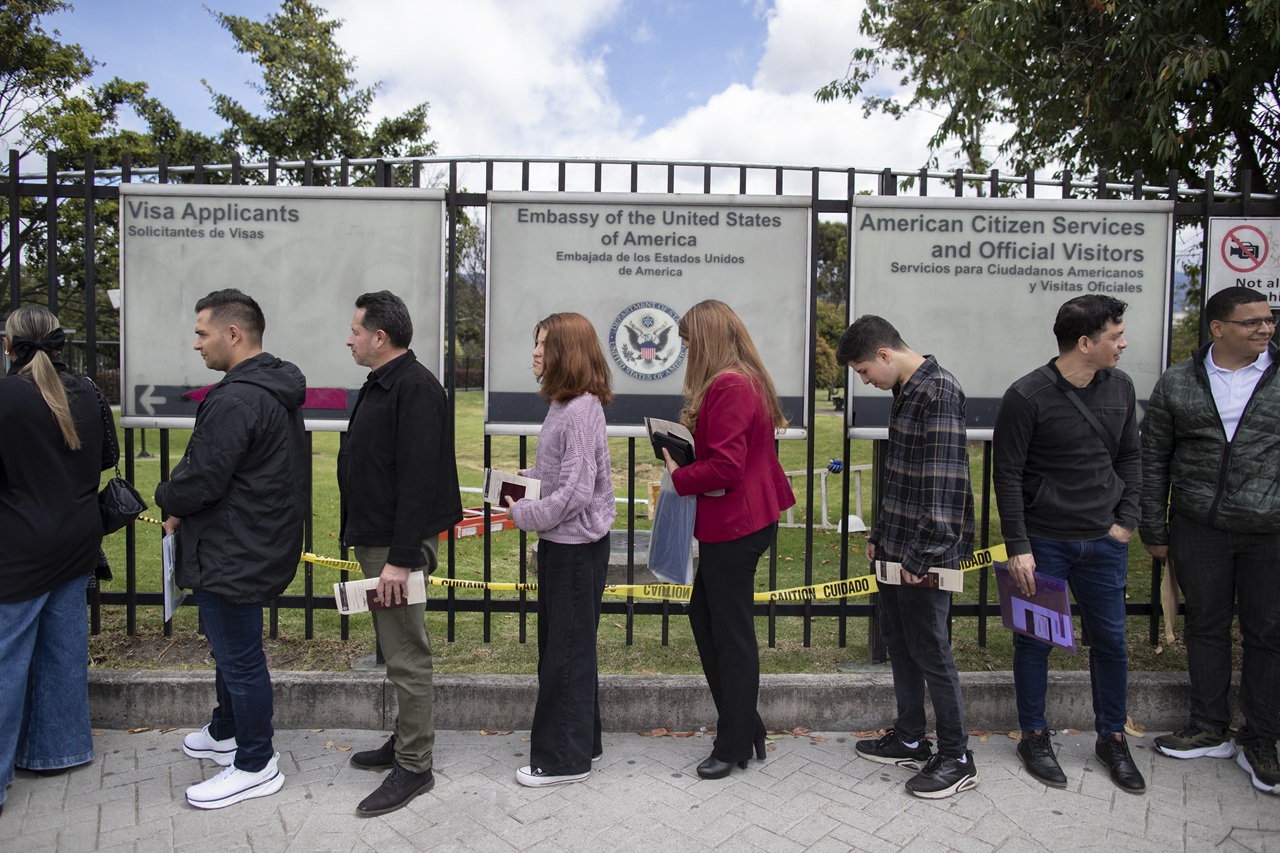
Philly says no to Trump's census change
The city of Philadelphia and Pennsylvania Attorney General Josh Shapiro joined a national lawsuit aiming to block Trump Administration’s move to ask for…
On Tuesday, the city of Philadelphia, as well as state Attorney General Josh Shapiro as part of a coalition filed a lawsuit in the U.S. District Court of the Southern District of New York demanding that the Trump Administration’s move to add a citizenship question to the 2020 census be blocked.
"No resident should be afraid to participate in a census count because they fear deportation. This would result in a count that is not truly representative of our population," said Mayor Jim Kenney in a statement on Tuesday. "I am very concerned about how the consequences of this would affect the federal funding we receive, as well as the fair representation of our residents at different levels of government."
The lawsuit, led by New York Attorney General Eric Schneiderman, is a coalition of 17 other Attorneys General, six cities — which apart from Philadelphia include Chicago, New York City, Providence, San Francisco, and Seattle —, and the bipartisan U.S. Conference of Mayors.
“At first glance, this move by the Trump Administration might seem innocuous, but evidence has shown the addition of a citizenship question will depress turnout – resulting in an inaccurate Census count that would hurt Pennsylvania,” Pennsylvania Attorney General Josh Shapiro said in a statement. “The United States Constitution requires a full count of all residents, whether they are citizens or not. It’s vital that the 2020 Census be conducted fairly, accurately and in accordance with the law so Pennsylvania receives the representation and federal resources we deserve.”
The lawsuit addresses what most fear the result would be of including the citizenship question on the census: that it will depress the amount of people who participate in what should be a count of "whole persons" residing in the country, as specified by the U.S. Constitution. This would then result in an undercount of the population and severe underfunding of government services and resources for any area in which undocumented immigrants may reside, including funds allocated for infrastructure, Medicaid, and other services.
RELATED CONTENT
The census count also determines the number of seats in the House of Representatives given to each state, which means that districts with immigrant populations would be underrepresented and any redistricting for Congressional and state legislative districts would be skewed.
Kenney and Shapiro recently published an op-ed in the Philadelphia Inquirer about the issue, citing the negative impacts the citizenship question on the census would have in Pennsylvania, where non-citizens make up about 3.3 percent of the overall state population, as well as in the city of Philadelphia, where non-citizens pay approximately $6 billion in taxes annually.
The last time a citizenship question was included on the census was in 1950, but the Trump administration claimed on March 27 when it announced that it would add the question on the 2020 census that it would aid in protecting voting rights.
Democrats in state and federal governance have disagreed, claiming that the Trump administration is changing the census to serve political ends, as undercounts in states that welcome immigrants would result in those states receiving less funding and less political recognition.
The U.S. Census Bureau currently states that the decennial census includes both documented and undocumented residents of the U.S.











LEAVE A COMMENT: